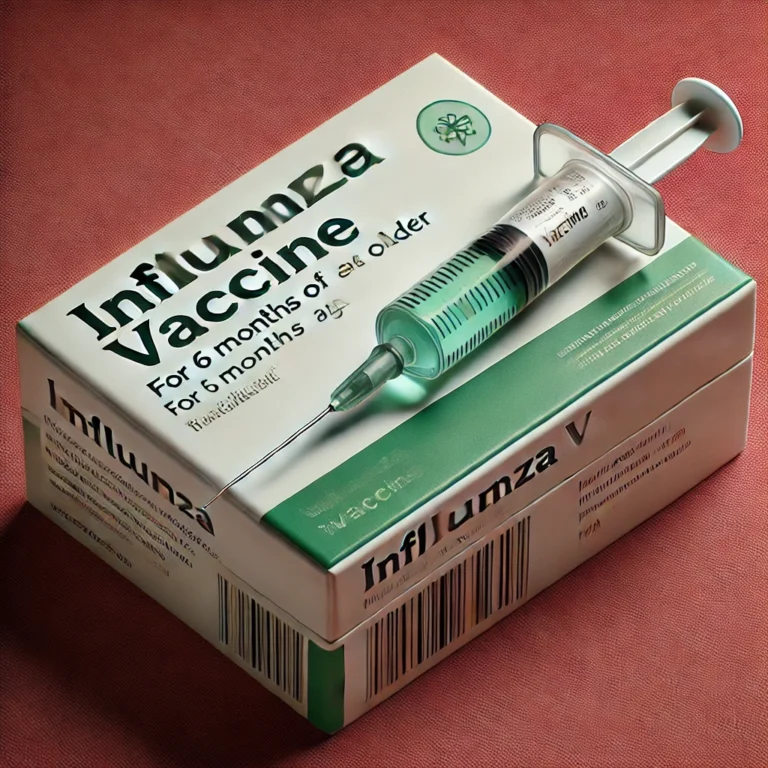As the planet grapples with the escalating consequences of global warming, health experts are now sounding the alarm about another potential crisis – the surge in dengue cases. The World Health Organization (WHO) recently issued a stark warning as the number of dengue infections inches closer to historic highs. In this article, we delve into the connection between global warming and the spread of dengue, shedding light on the urgent measures required to mitigate this threat.
The Impact of Global Warming on Dengue
Dengue fever, a mosquito-borne viral infection, is primarily transmitted by Aedes mosquitoes. The disease, prevalent in tropical and subtropical regions, has seen a significant upswing in recent years, and climate change is believed to be one of the driving factors behind this surge.
- Expanded Geographic Range: As global temperatures rise, the geographical range of Aedes mosquitoes expands, exposing populations in previously unaffected regions to the risk of dengue. Areas with milder climates are now witnessing the emergence of these disease-carrying vectors.
- Extended Mosquito Breeding Season: Warmer temperatures lengthen the mosquito breeding season, providing more opportunities for their reproduction. This, in turn, intensifies the transmission of the dengue virus.
- Increased Viral Replication: Studies suggest that higher temperatures facilitate faster viral replication within mosquitoes, making them more infectious and increasing the likelihood of transmission to humans.
- Altered Precipitation Patterns: Global warming disrupts traditional rainfall patterns, creating favorable conditions for mosquito breeding. Intense rain events followed by periods of drought create ideal breeding habitats for Aedes mosquitoes.
The WHO’s Urgent Warning
The WHO’s recent announcement serves as a wake-up call to the world about the looming dengue crisis. The organization has warned that dengue cases are approaching historic highs, and the consequences could be devastating if immediate action is not taken.
- Healthcare Burden: The surge in dengue cases places an enormous strain on healthcare systems, particularly in countries with limited resources. Hospitals and medical facilities are grappling with an influx of patients, leading to overcrowding and compromised care for other medical conditions.
- Economic Impact: Beyond the toll on public health, dengue outbreaks have severe economic implications. Reduced workforce productivity, increased medical expenses, and heightened public health expenditures all contribute to significant economic losses.
- Social Disruptions: Dengue outbreaks can lead to widespread fear and anxiety among communities. Schools may need to close, outdoor activities become limited, and tourism in affected regions can suffer.
Combatting Dengue Amidst Global Warming
As global warming continues unabated, it is imperative to implement robust strategies to combat the dengue threat. The following measures are crucial in minimizing the impact of the disease:
- Mosquito Control: Effective mosquito control programs must be implemented, including the removal of stagnant water sources where mosquitoes breed, the use of insecticides, and the development of genetically modified mosquitoes to reduce Aedes populations.
- Public Awareness Campaigns: Raising public awareness about dengue prevention and symptoms is vital in controlling outbreaks. Educating communities about mosquito bite prevention and early medical intervention can save lives.
- Climate Change Mitigation: Tackling the root cause of the problem, i.e., global warming, is essential. International cooperation to reduce greenhouse gas emissions and limit the rise in global temperatures is critical to curbing the spread of dengue.
- Research and Innovation: Continued research into dengue prevention, treatment, and vaccine development is crucial in combating the disease effectively.
Conclusion
The alarming rise in dengue cases near historic highs, coupled with the consequences of global warming, underscores the urgent need for action. It is imperative that governments, organizations, and individuals unite to address this grave threat. By implementing effective mosquito control measures, increasing public awareness, and tackling climate change, we can hope to mitigate the impact of dengue and create a safer world for future generations. The WHO’s warning must be taken seriously, and proactive steps must be taken to protect global health and well-being.












